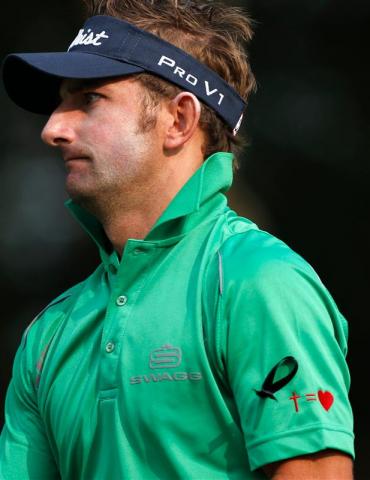Advertisement
Sports-Mad South Africa Salutes Mandela "The Captain"
JOHANNESBURG (Reuters) - Sports-mad South Africa saluted Nelson Mandela on Saturday with smiles and moments of silence in honour of the late anti-apartheid leader, who inspired people to pursue the impossible from politics to the playing field.
The tributes stretched across the sporting spectrum, from club cricket and fun runs to top fixtures such as a League Cup final between Platinum Stars and Orlando Pirates, the Soweto giants believed to have been Mandela's favourite soccer side.
Saturday's Cup final will be preceded by a ceremony in honour of South Africa's first black president, whose early sporting prowess, particularly boxing and soccer, was cut short when he was jailed for 27 years by the apartheid government.
A cricket one-day international against India in Durban will go ahead as planned on Sunday after talks with the government over whether to postpone it as a mark of respect. It too will include tributes to Mandela - known affectionately by his clan name "Madiba" - reflecting his belief in the power of sport to unite divided peoples.
On Saturday, many recalled Mandela's central role in arguably South Africa's greatest sporting triumph - winning the 1995 rugby World Cup just one year after the multi-racial elections that ended decades of white-minority rule.
"I always love to refer to Madiba as the unofficial captain of all our sports teams," said Joel Stransky, the fly-half who kicked the last-gasp drop-goal to clinch the final, unleashing a wave of ecstasy on a still-divided nation.
Mandela then followed up with a political masterstroke, bridging the gulf between white and black by appearing in a dark green Springbok jersey, a sporting strip enmeshed in the then-entrenched culture of white supremacy.
On his back was a number '6', the same as that of Springbok captain Francois Pienaar.
"I think he realised that as a divided nation we needed something that could unite us," Stransky told Talk Radio 702. "No-one will ever forget when he walked on to the rugby field with the captain's jersey when we won the World Cup."
"THE BOXER"
Thousands in Saturday running clubs across the country held minutes of silence for the 95-year-old, and in Johannesburg changed their routes to take in his upscale home, now a flower-festooned site of international pilgrimage.
"He's like the father of all our sports," said Bruce Fordyce, South Africa's greatest ultra-marathon runner who met Mandela on several occasions. "Every sportsman he ever met, he reminded you that he was a boxer," he told Reuters.
Elsewhere, ordinary people expressed admiration and respect for the achievements of the Nobel peace laureate, who died on Thursday after a prolonged battle with a lung infection.
"I am old enough to remember a time during apartheid when white people and black people could not play sports at the same place," said 36-year-old Indian banker Eldon Pillay, playing cricket at Johannesburg's Old Edwardians sports ground, which would once have been "whites only".
"I never could have dreamt of playing cricket at a place like this," Pillay, like his team-mates wearing a black armband, told Reuters.
WEEK OF MOURNING
Preparations are under way for a week of national mourning, culminating in Mandela's burial on December 15 at his ancestral home in Qunu in the Eastern Cape Province, 700 km (450 miles) south of Johannesburg.
U.S. President Barack Obama, America's first black president, will be among a host of dignitaries expected to take part in the events.
President Jacob Zuma, who broke the news of Mandela's death in a televised address to South Africa's 52 million people, also announced a December 10 memorial service at Johannesburg's Soccer City, the site of the 2010 World Cup final and Mandela's last public appearance, when he waved to fans from the back of a golf cart.
"We will spend the week mourning his passing. We will also spend it celebrating a life well lived," Zuma said, capturing the mood of the self-styled "Rainbow Nation", which is mixing its sorrow with celebration at Mandela's remarkable life.
Zuma and the ruling African National Congress (ANC) face national elections next year that are expected to reveal discontent among voters at the poverty and unemployment that have not abated as hoped in the 20 years since apartheid.
But the former liberation movement is expected to maintain its dominance in the politics of the continent's No. 1 economy.
Mark Rosenberg, senior Africa analyst at the Eurasia Group, said that while Mandela's death might give the ANC a sympathy-driven boost for the next elections, it would hurt the party in the long term.
He saw Mandela's absence "sapping the party's historical legitimacy and encouraging rejection by voters who believe the ANC has failed to deliver on its economic promises and become mired in corruption".



















Add new comment